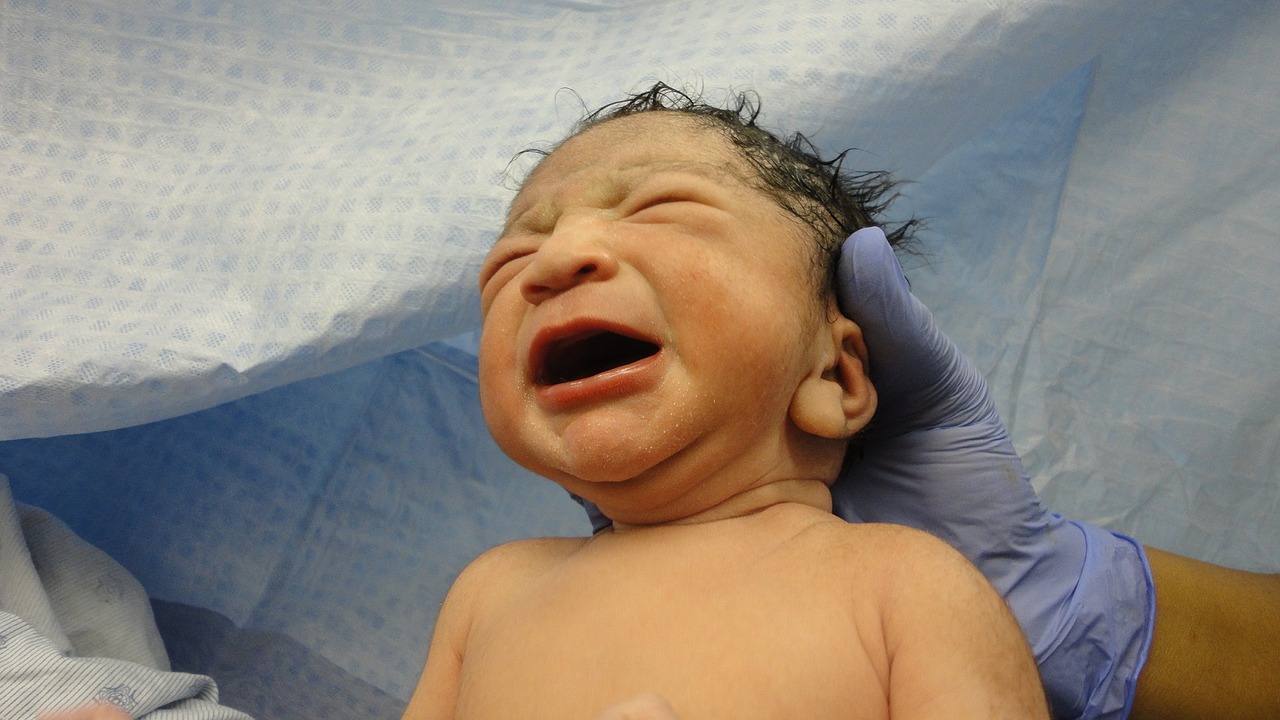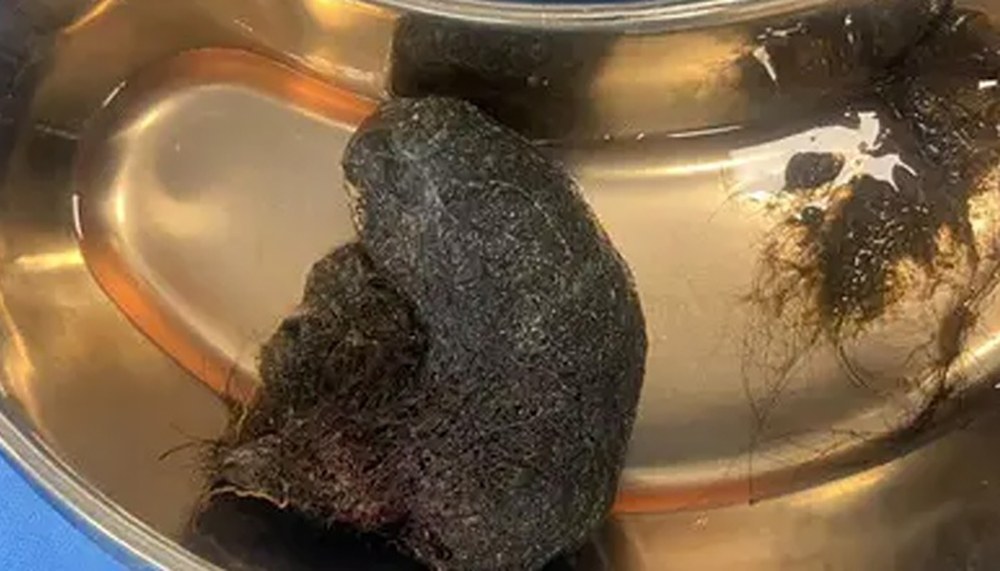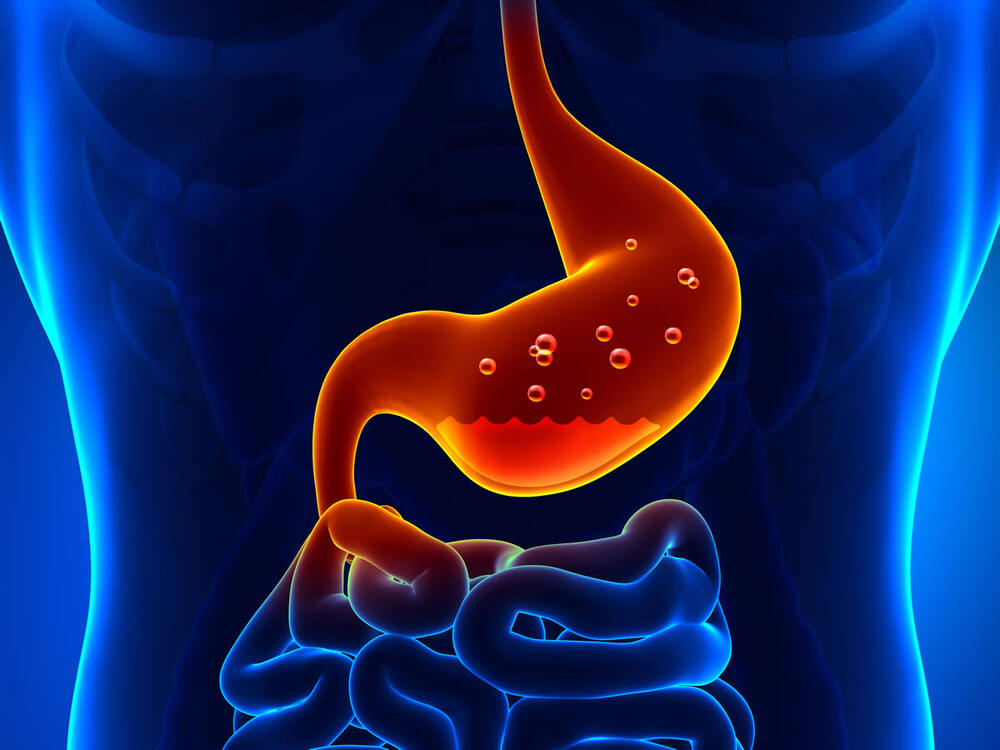There are different types of infectious diseases. Some are not severe and are treatable whereas others can get complicated. In this interview, Dr Naveed Rashid, an infectious disease specialist at Shifa International Hospital Islamabad talks about different types, causes, symptoms and treatment of these infections
SN: What is the difference between viral, bacterial and fungal infections?sni
Viral infections are usually sudden, short lasting and self limiting like common cold, flu and dengue. Most of the viral illnesses do not need antibiotic treatment. But there are some chronic ones which do require antibiotics called antiviral drugs like swine flu. Moreover, some viral infections are asymptomatic. They stay in the body for long and destroy organs gradually. Hepatitis B and C and HIV are some of the examples. Fortunately, treatment for all is available through anti-virals. Viral infections are more common in children.sni
SN: What is bacterial infection?sni
Like viral, bacterial infections have chronic and acute varieties too. If it is acute it can present like viral. For example, common flu that prolongs and worsens (instead of recovering) can as a complication cause bacterial infection. A viral infection that does not become alright even after a week, may be bacterial. It is usually recommended that if fever does not become alright after three or four days and the condition keeps worsening, then medical attention needs to be sought.sni
There are however, various kinds of bacterial infections. Diarrhea, for instance can be bacterial and non-infectious too. Drug sensitivity, milk or food allergy, etcetera can be non-infectious and easily be treated through home remedies. Bacterial diarrhea is however problematic and can persist. Any part of the body can have bacterial attack. Bacterial infections keep harming you therefore need to be treated with medicine. Kids on breast milk have antibodies to fight against most bacterial infections. And vaccinations also protect them.sni
SN: What about fungal infections?sni
Fungi are present everywhere; in our environment, foods, soil, air and even our body. Fungal infections however, do not attack a healthy body. They are rare and only attack the ones with weak immune system. Our protective layers that is, the skin, nose and mouth layers protect us from such infections.sni
Sinutitis for example, can be viral and bacterial but if it is chronic and has element of allergy then fungal infection can occur. It can also affect people with uncontrolled diabetes, autoimmune disorders, cancer and those taking steroids. Diabetics can have infection on their skin, toenails and genital areas. It is treatable unless it enters the bloodstream and gets diagnosed late.sni
| Fungal infections do not attack a healthy body. They are rare and only attack the ones with weak immune system |
SN: What are the major infectious diseases in Pakistan?sni
There are two categories; one is community or public health related and the other is hospital related. The first category is diverse and includes head to toe infections. This includes eye, nose (cold, flu, sinusitis), ear (peep aana), skin (fungal), and throat infection and mouth ulcers. Moreover, pneumonia, diarrhea and urinary tract infection are also common here. They are not severe and are treatable.sni
Some of these infections can get complicated due to several factors like not taking the treatment appropriately. This makes the virus, fungus or bacteria stronger causing the infection to become powerful. Ultimately, hospitalizing the patient becomes necessary. The second category starts from this point. Patients with low immunity get hospital-acquired infections. Repeated visits to the hospital, unhygienic condition of the hospital and carelessness of staff in taking infection control precautions can cause the problem.sni
SN: As you mentioned hospital related infections can be acquired. How can this problem be tackled?sni
Hospital life is different from community life. Hospital equipments, tools and all its areas remain at high risk of infection unless you take strong infection control precautions. Infection risk is even present during surgery. A patient lands in ICU only when he has a complicated disease. The disease decreases his immunity and if the hospital environment is infection prone then the patient becomes at risk further.sni
Unfortunately, many doctors and paramedics have less awareness about handling an infected patient. Moreover, precautions should not only be taken for ICU patients but also for all wards and clinics. In foreign countries, once the patient enters the hospital he is considered infectious. Doctors take all precautions even if he has just come for general medical checkup. This is the reason why infections are controlled there. In Pakistan however, this action is taken only at the last stages.sni
SN: Are bed sores also an infection?sni
Pressure or bed sores are also a form of infection that are difficult to treat as the patient is bed ridden. The patient’s sides needs to be frequently changed to avoid them. Sometimes it becomes difficult for the patient to change sides himself due to low immunity. Sometimes surgery is required to treat a sore.sni
Maintaining hygiene is the best remedy. Keep sores and your environment clean. Proper and timely dressing keep sores dry and help in healing them. Honey bandages are used in foreign countries as home remedies.sni
| Kids on breast milk have antibodies to fight against most bacterial infections. And vaccinations also protect them |
SN: Is unclean and unhygienic lifestyle the main cause of infections?sni
Yes, infections generally spread due to dirt and unclean environment. Keep yourself clean, wash hands properly, take bath regularly and follow general cleanliness rules to keep away from infections.sni
SN: Why do ear infections occur?sni
Ear infections are common in children but can occur in adults too. They are usually viral but can complicate into a bacterial infection where it infects the ear membrane and produces discharge. Moreover, people with ear or nose allergies can also get an infection. If you have nose infection, you are more likely to get ear or throat infection and vice versa.sni
SN: Do stomach worms have any relation with infections?sni
They are parasitic infections, which is another type of infection. This occurs when children eat things like soil and mud. There are different types of parasites, but commonly they infect abdomen. The exit through the stool and cause itching in the anal region. Infected children usually do not develop properly and become anemic. They tend to be pale, do not gain weight, lose appetite, have constipation and anal infection.sni
| Many doctors prescribe high potency drugs even when lighter potency can work. It cures the patient but the bacteria that grows next time will be resistant to that drug |
SN: Why are vaginal infections common in women?sni
Vaginal and urinary tract infections are both common in women. Structure of their genital organs is such that infection can travel easily. UTIs become common during pregnancy as well. Sexual life also matters here. If one partner is infected he can transfer it to the other. A gynecologist can better explain the treatment. General advice is that women should keep their private parts clean. Moreover, avoid wiping from anal to vaginal region as it cause germs to spread. Cleaning both areas separately is better.sni
SN: How can we reduce the risk of getting or spreading antibiotic-resistant infections?sni
This is a hot topic at international level. There is a lot of research going on but unfortunately, in Pakistan there is not much awareness about it. Antibiotic and chemical sprays are greatly being used to kill bacteria in agriculture. And heavy doses are given to enhance growth and increase production in cattle and dairy industry. Giving heavy dose of antibiotic to kill simple bacteria will cause friendly bacteria to eliminate as well. And in return will produce stronger bacteria. When we eat eggs, meat or drink milk, these bacteria get transferred to us and we acquire multidrug resistant bacteria.sni
SN: Can overuse and misuse of antibiotics also cause the problem?sni
Yes, this is another issue. Many doctors prescribe high potency drugs even when lighter potency can work. It cures the patient but the bacteria that grows next time will be resistant to that drug.sni
Overuse also occurs when a patient needs a drug for three days but the doctor prescribes it for 10 days. Underuse, on the other hand also increases the resistance. A patient supposed to have a drug for four days stops taking it before time, allows remaining bacteria to re-grow. People should not insist doctors to prescribe an antibiotic when not required.sni
| Antibiotic and chemical sprays are used to kill bacteria in agriculture. Heavy dose of these can also eliminate friendly bacteria |
SN: Do home remedies work in controlling infections?sni
Generally, symptomatic treatment can be done. Like, keeping yourself adequately hydrated in case of diarrhea, gargle for sore throat, and steam inhalation can work for sinusitis.sni
SN: Are infections preventable?sni
Definitely infections are preventable and treatable. Even HIV infection can be treated through drugs. Treatment at an early stage is easier. An HIV patient can live a normal healthy life if the disease gets diagnosed at an early stage. However, some emerging infections can be difficult to treat like congo, zika and ebola.sni
SN: Anything left that you would like to add at the end?sni
Never insist your doctor to prescribe antibiotics for viral illness and take antibiotic according to his direction. Completing the course is important too. Also, educate students at school level about infections and how to cope with general infections like flu, and cough.sni










